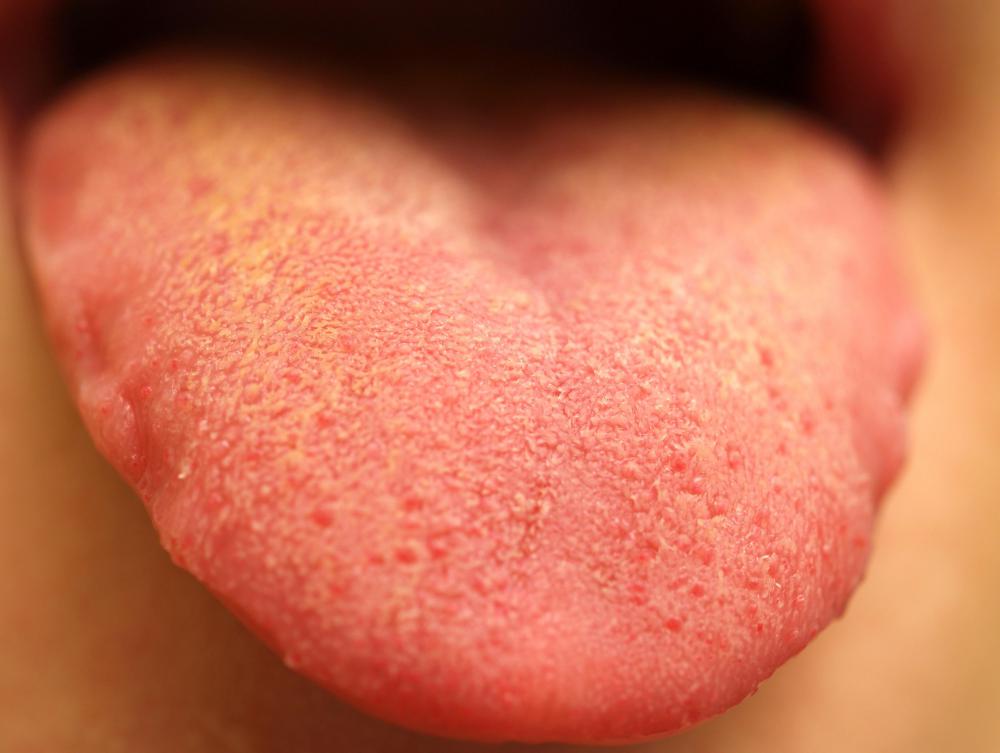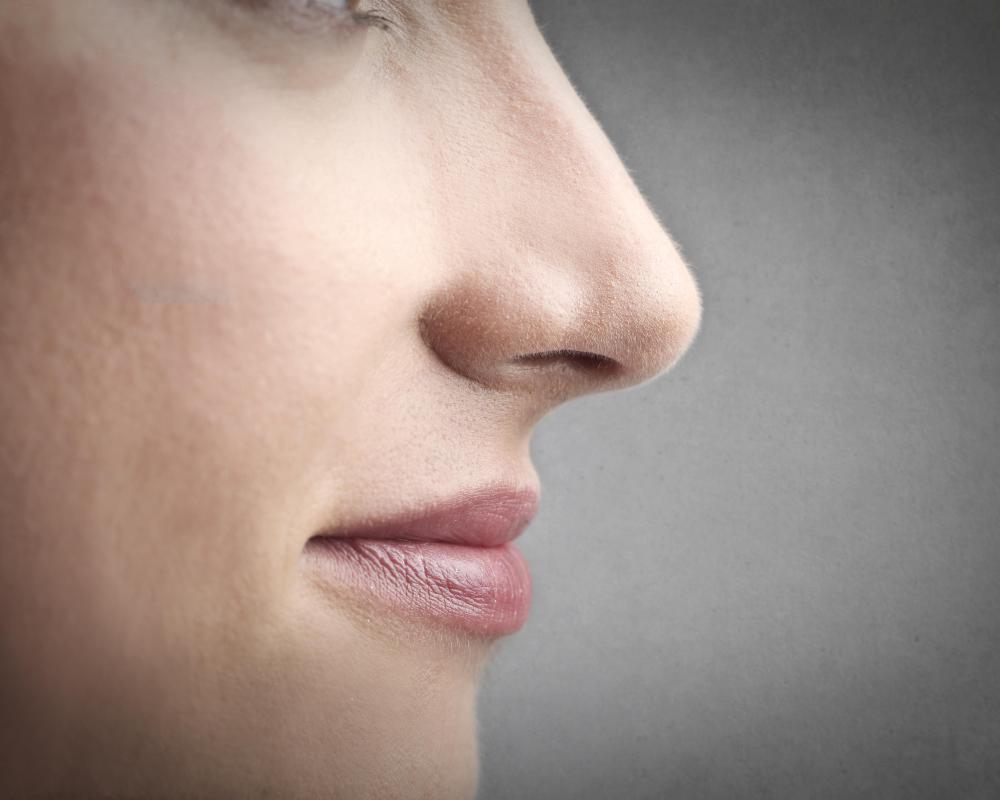At TheHealthBoard, we're committed to delivering accurate, trustworthy information. Our expert-authored content is rigorously fact-checked and sourced from credible authorities. Discover how we uphold the highest standards in providing you with reliable knowledge.
What Factors Affect Taste Perception?
Some of the factors that affect taste perception are the color of the food, its texture, temperature, and smell. The taster's age, if he has a certain disease, and his stress and exhaustion level may also affect the way taste is perceived. The human tongue is able to detect five basic tastes: salty, sweet, bitter, sour, and added in 2002, umami, a word which in Japanese means “delicious.” Each of these different tastes has a certain receptor on the tongue, and when a compound triggers the receptor, the brain recognizes the taste. Taste perception is not only affected by the taste buds, however, and food scientists are studying ways different factors affect the taste of different foods and beverages.
One of the most well-known altering factors of taste perception is smell. Simply put, the flavor of a food can be defined as the taste of the food combined with the smell of it. In fact, if a person has a cold that blocks the nose or another issue that affects the sense of smell, the flavor of food is diminished or may become blander. Not only can smell affect taste, but it can also cause memory recollection. For example, a person may be reminded of his childhood home if he smells a certain fragrance.

Texture can also be a factor that affects taste. Some studies have suggested that a thicker drink can taste less sweet or have a less intense flavor than a thinner one, even though the concentrations of sugar or flavoring have not been changed. In practice, food scientists and manufacturers may be able to use this fact to reduce the amount of salt in food without changing its taste. They may simply need to alter the texture.

Another factor that affects taste perception is color. Studies show that a brighter or more intensely colored food can seem to taste different than a blander colored food even when there was no change in the flavor compounds. Similarly, two drinks that have the same coloring may taste the same to a person even though one is sweeter. There was even an experiment done in the 1970s in which scientists allowed people to eat food that looked normal under a certain light. When the light was changed and people saw that they were eating blue steak and green fries, some of them started to get sick.

Food temperature can also affect taste perception. Warmer foods usually taste more intensely flavored than cold foods even though the concentration of flavor is the same. For example, ice cream may taste sweeter when it is melted, and beer more bitter. Similarly, coffee can be more bitter when it is hot, a taste that is desired in that particular drink. By simply cooling down or heating up a food, a person may be able to alter his taste experience of that food.

A person’s physical self can also affect taste perception. As a person ages, the ability to taste and smell food also diminishes. In addition, one study showed that a person with renal disease or cancer may experience taste distortions, called dysgeusia. A person’s stress level and physical fatigue can also affect how something tastes. One study showed that after mental exercises, some people had shortened durations and lowered perceptions of the bitter, sour, and sweet tastes while the duration of the sour aftertaste was shortened after physical exercise.
AS FEATURED ON:
AS FEATURED ON:

















Discussion Comments
I totally agree with this!
@SarahGen-- Maybe different factors have more of an influence on taster perception for different people. I don't really think about previous times I've had a food when I'm eating something. I mostly look at the colors. Sometimes, I choose what I want to eat at a restaurant based on the colors. Some colors and foods seem to call out to me at different times.
What about mood, experience and memories? Don't these affect taste perception? I think they do.
I especially feel that there is a strong connection between food and memories. If I've eaten something previously and had a good time while eating it, I look forward to having it again and I enjoy the flavor more. For example, I took a trip with a group of friends to France last year. Whenever I eat something that I had on that trip, all of those great memories come back. I feel like I'm back in France, having fun with my friends. I think food tastes better when I have a positive memory attached to it.
Has anyone else experienced something like this?
Texture, appearance and scent are definitely the most important factors affecting taste perception. That's why chefs don't only try to make something delicious, they also try to present it in a way that is appeasing to the eye. When a food looks lovely, it tastes even better.
Post your comments